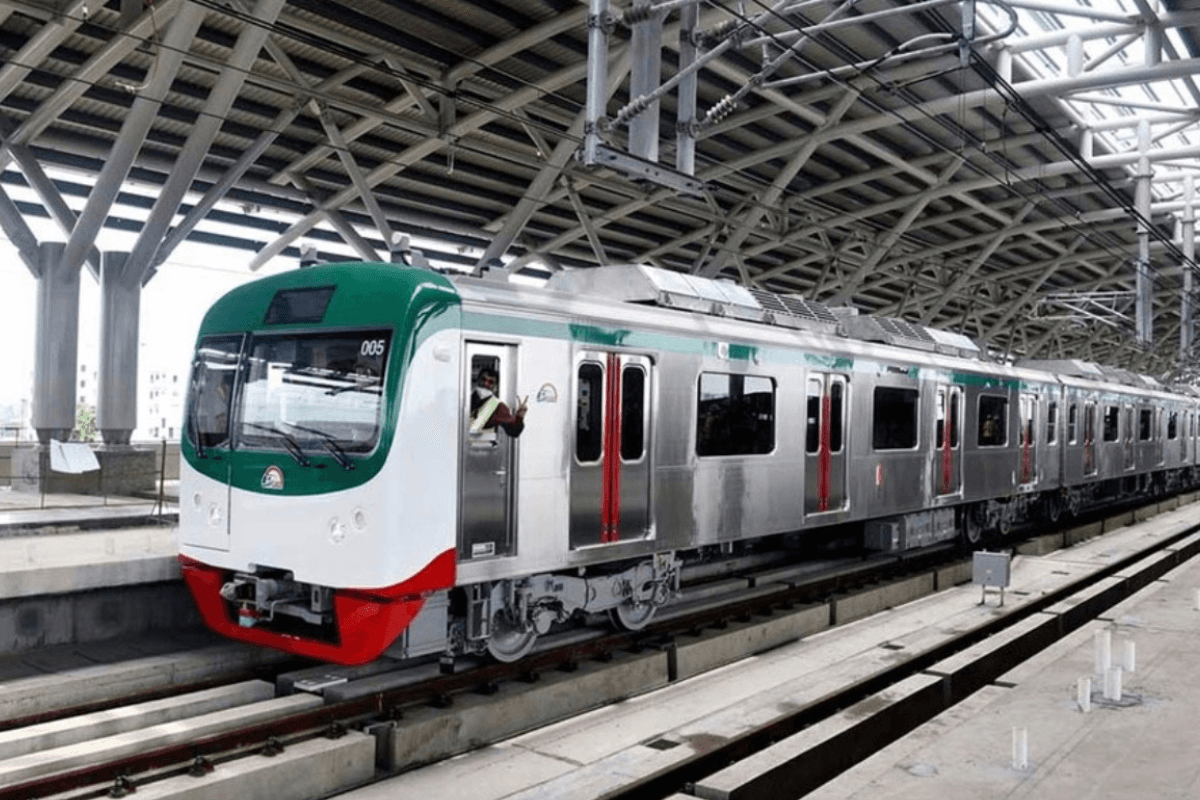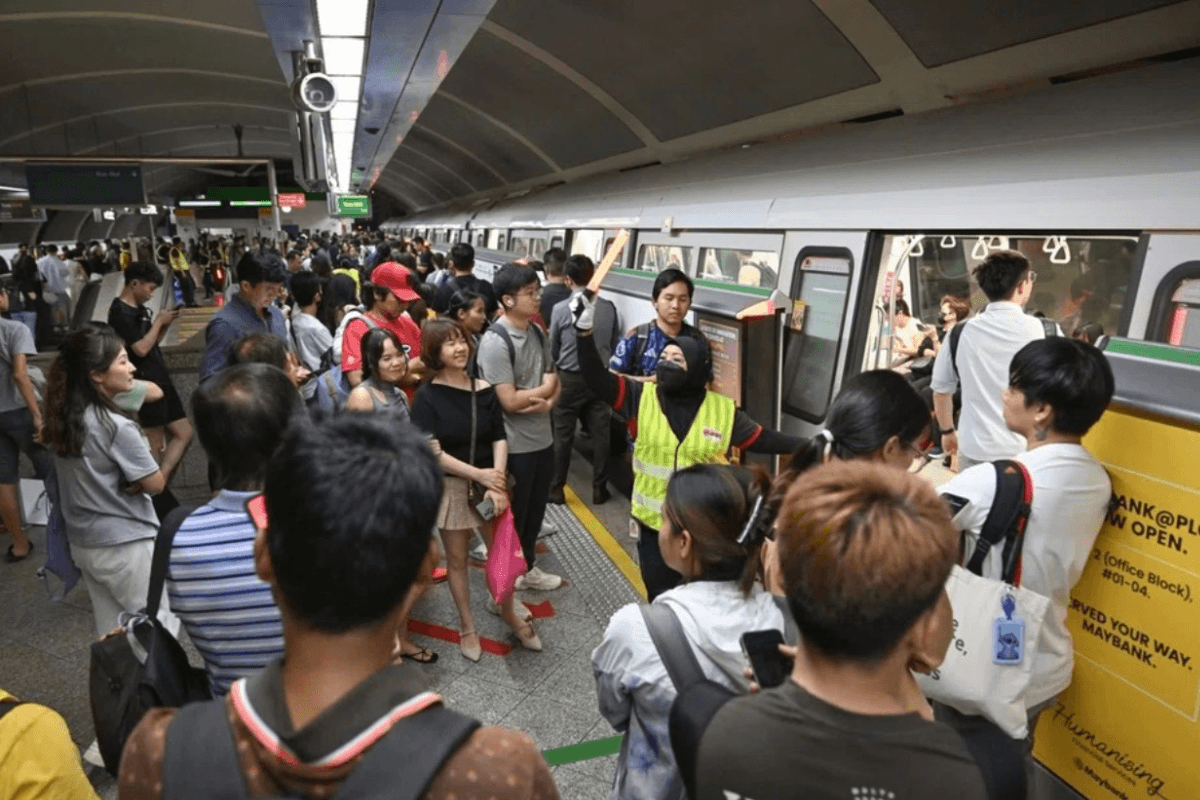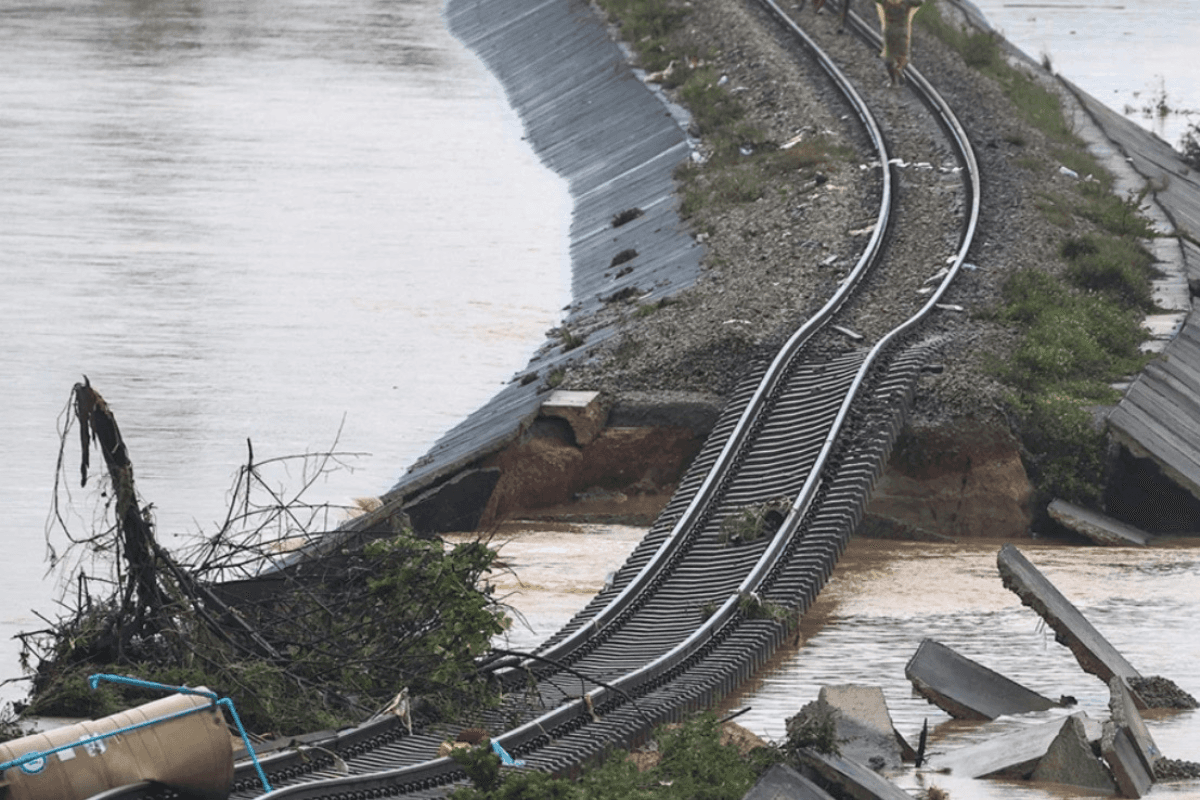Jul 22, 2025
Kazakhstan and Russia Expand Rail Freight Volumes, Focus on China-Europe Transit
July 21 meeting between KTZ and RZD leadership signals deeper cooperation on transit infrastructure and digital logistics. Kazakhstan Temir Zholy (KTZ) and Russian Railways (RZD) are expanding their cooperation to meet the growing demand for rail freight transit between China and Europe. In a high-level meeting held in Moscow on July 21, KTZ Chairman Talgat Aldybergenov and RZD CEO Oleg Belozerov outlined joint plans to modernise border infrastructure and implement a unified digital logistics system to increase the efficiency and capacity of cross-border rail freight.
According to an official KTZ press release dated July 22, the freight volume transported via Kazakhstan’s railways exceeded 45 million tons in the first half of 2025, marking a 4.1% year-on-year increase. Container transit volumes also grew sharply, reaching 273,300 twenty-foot equivalent units (TEUs), up 18% compared to the same period in 2024.
A key outcome of the July meeting was an agreement to upgrade infrastructure at nine critical border crossings and enhance interoperability between Kazakhstan and Russian railway systems. The two companies project that these improvements will enable the daily throughput to grow from 65 to 85 train pairs, representing a 30% capacity increase.
The cooperation also includes expansion efforts along the eastern route of the North-South International Transport Corridor, which links Russia with Turkmenistan and Iran. According to information shared by KTZ, this corridor currently supports an annual cargo capacity of 10 million tons, and both parties are working to increase its utilisation.
KTZ and RZD also agreed to expedite automation efforts along the China-Europe rail transit routes. These include the implementation of automatic registration of transit declarations and integration of logistics platforms with the railway information systems of Russia and Belarus. The goal is to streamline customs processes and reduce transit times across borders.
This intensified collaboration builds on a Strategic Partnership Agreement signed by KTZ and RZD in November 2024 in Astana, which aims to strengthen regional rail infrastructure and support increasing freight demand between Asia and Europe. The renewed efforts highlight Kazakhstan’s and Russia’s strategic roles as key transit hubs within the Eurasian logistics ecosystem. As global trade increasingly relies on overland routes between China and Europe, modernising infrastructure and adopting digital technologies are expected to make rail a more competitive and efficient alternative to maritime shipping.
Related Post
Latest Post
Subscribe Us
Get Subscribe To Our Latest News & Update













